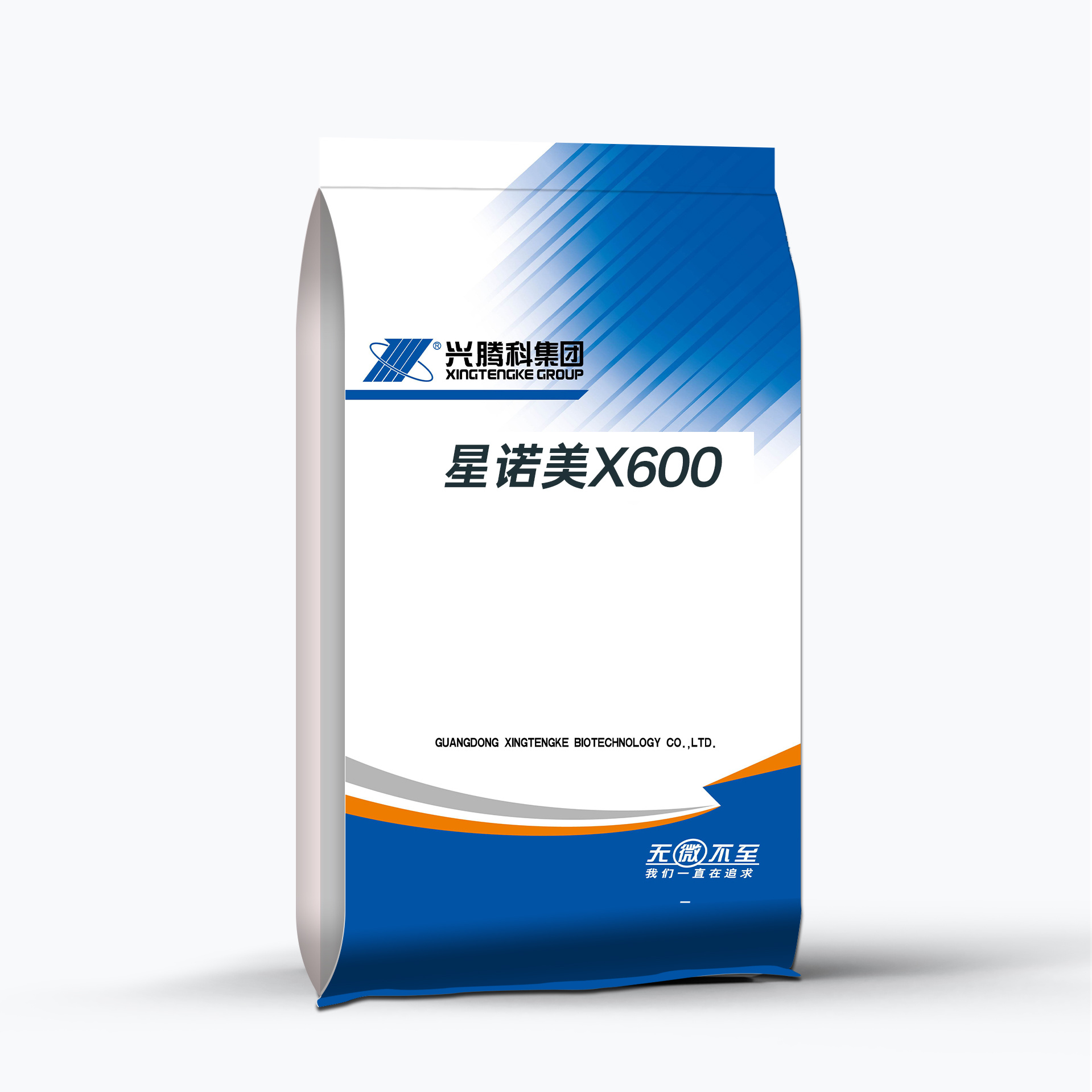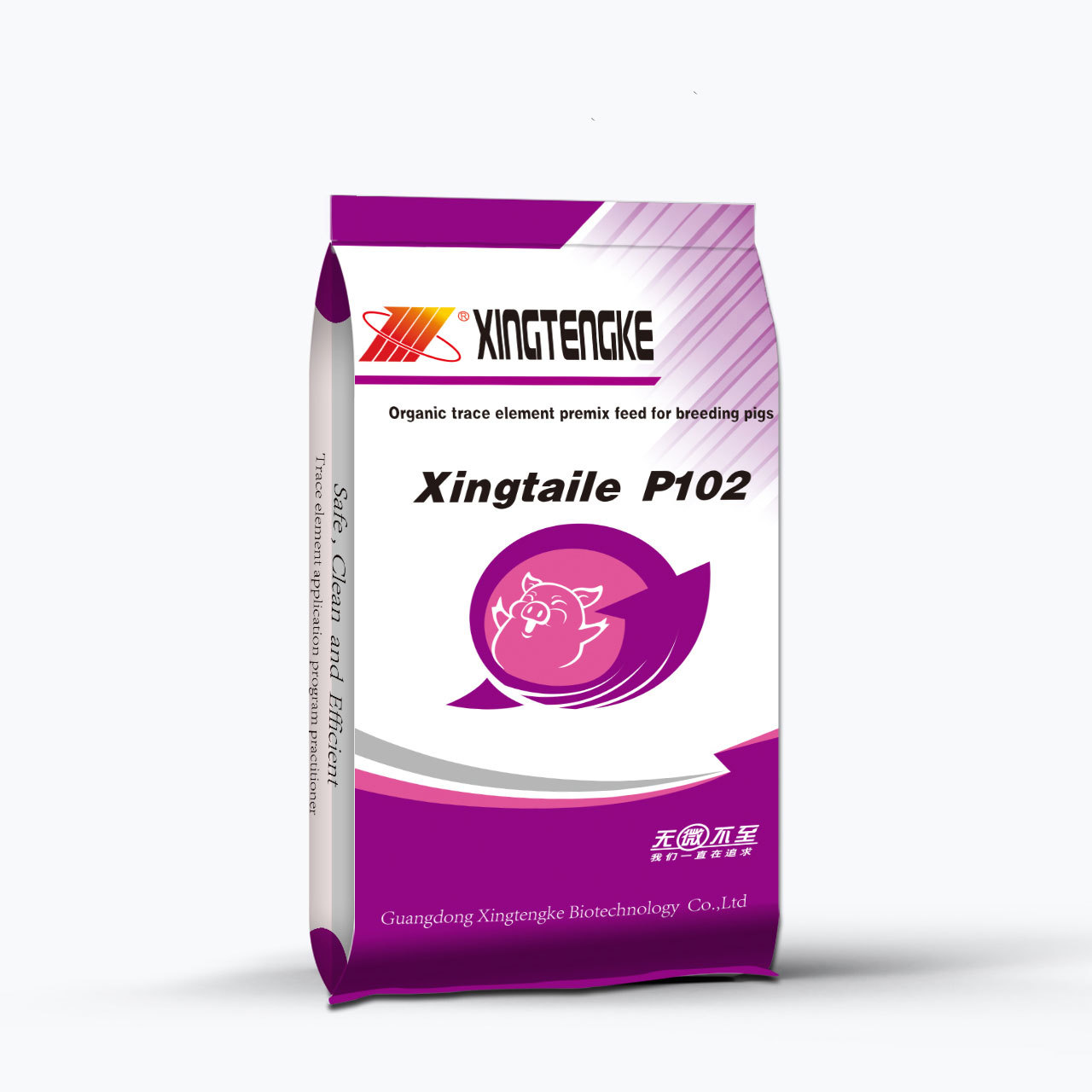Unlocking Health Benefits: The Importance of Livestock Trace Mineral Mix for Optimal Animal Wellbeing
Release time:
2025-09-16 10:22
Source:
Unlocking Health Benefits: The Importance of Livestock Trace Mineral Mix
Livestock farming is a crucial part of the agricultural sector, providing essential resources for food, fiber, and companionship. However, the health and productivity of livestock hinge on an often-overlooked factor: trace minerals. Understanding the significance of **livestock trace mineral mixes** can unlock numerous health benefits, ensuring the vitality and productivity of animals. This article will explore the importance of trace minerals, their sources, and how they contribute to the overall health of livestock.
Table of Contents
- What Are Trace Minerals?
- The Importance of Trace Minerals in Livestock Health
- Common Trace Minerals and Their Health Benefits
- Sources of Livestock Trace Minerals
- How to Choose the Right Trace Mineral Mix for Your Livestock
- The Impact of Trace Mineral Deficiencies
- Guidelines for Trace Mineral Supplementation
- Frequently Asked Questions
What Are Trace Minerals?
**Trace minerals** are essential micronutrients required by livestock in small amounts, yet they play a critical role in various physiological functions. Unlike macrominerals, such as calcium and phosphorus, which are needed in larger quantities, trace minerals include elements like zinc, copper, manganese, selenium, and iodine. Each mineral contributes uniquely to the animal's health, affecting everything from metabolic processes to immune system functionality.
The Importance of Trace Minerals in Livestock Health
The health of livestock directly influences productivity, reproductive success, and the quality of the products produced, such as milk and meat. Trace minerals are integral to numerous bodily functions, including:
1. **Immune System Support**: Trace minerals enhance the immune response, helping livestock fend off diseases and infections.
2. **Growth and Development**: Adequate mineral intake is essential for proper growth, especially in young animals.
3. **Reproductive Health**: Minerals like zinc and selenium are critical for fertility and successful pregnancies.
4. **Metabolic Functions**: Trace minerals play vital roles in enzyme function and energy metabolism.
By ensuring that livestock receive adequate amounts of these minerals, farmers can improve overall herd health and productivity.
Common Trace Minerals and Their Health Benefits
Understanding the specific trace minerals and their benefits is crucial for effective livestock management. Here are some of the most important trace minerals and their functions:
Zinc
Zinc is vital for enzyme function, immune response, and skin health. Deficiencies can lead to poor growth, reproductive issues, and increased susceptibility to infections.
Copper
Copper aids in iron metabolism, enzyme function, and the formation of connective tissues. Insufficient copper can result in anemia, cardiovascular issues, and impaired growth.
Manganese
Manganese is essential for bone formation, reproductive health, and the metabolism of carbohydrates and fats. A lack of manganese can lead to skeletal deformities and reproductive failure.
Selenium
Selenium plays a crucial role in antioxidant defense and immune function. It is especially important in preventing white muscle disease in newborns and can influence fertility in breeding animals.
Iodine
Iodine is necessary for the synthesis of thyroid hormones, which regulate metabolism. Iodine deficiency can lead to goiter and poor growth rates.
Sources of Livestock Trace Minerals
Livestock can obtain trace minerals through their diet, but the availability of these minerals can vary significantly based on soil quality, forage type, and feed composition. Here are common sources:
1. **Mineral Supplements**: Commercial mineral blocks or loose minerals provide a concentrated source of trace minerals.
2. **Forages and Grains**: Different forages and grains contain varying levels of trace minerals, so a balanced diet is essential.
3. **By-Products**: Some agricultural by-products, such as brewers' grains and distillers' grains, can be rich in specific trace minerals.
Choosing a well-balanced diet that includes these sources is vital for ensuring adequate mineral intake.
How to Choose the Right Trace Mineral Mix for Your Livestock
Selecting the right trace mineral mix requires an understanding of your livestock's specific needs, which can vary by species, age, and production stage. Here are essential factors to consider:
1. **Species-Specific Needs**: Different animals have varying mineral requirements. Ensure the mix is tailored to the species you are raising.
2. **Local Soil Conditions**: Soil tests can provide insight into mineral availability in your pasture, helping you identify deficiencies.
3. **Formulation**: Look for mixes that provide a balanced profile of minerals, including the correct ratios of competing minerals, to optimize absorption.
4. **Quality Assurance**: Choose reputable brands that adhere to quality standards and specifications for trace mineral content.
Consulting with a livestock nutritionist can provide valuable insights and recommendations tailored to your specific farm conditions.
The Impact of Trace Mineral Deficiencies
Trace mineral deficiencies can have serious repercussions for livestock health, productivity, and economic viability. Here are some common effects:
- **Impaired Growth**: Deficiencies can stunt growth rates, leading to reduced market weights and profitability.
- **Reproductive Failures**: Infertility, increased calving intervals, and higher neonatal mortality rates can arise from inadequate mineral intake.
- **Disease Susceptibility**: A compromised immune system due to mineral deficiencies can lead to increased morbidity and mortality rates.
By recognizing and addressing these deficiencies proactively, livestock producers can safeguard their herds and enhance overall farm productivity.
Guidelines for Trace Mineral Supplementation
When it comes to supplementing trace minerals, there are several best practices to follow:
1. **Routine Testing**: Regularly test forages, grains, and soil to assess mineral levels and adjust supplementation accordingly.
2. **Balanced Diet**: Ensure that supplementation complements a well-balanced diet, incorporating a variety of feed sources to provide a comprehensive nutrient profile.
3. **Monitor Animal Health**: Keep a close eye on livestock for signs of deficiencies, including changes in behavior, growth, and overall health.
4. **Consult Professionals**: Work with nutritionists or veterinarians to develop a tailored supplementation plan that meets the specific needs of your livestock.
Maintaining a proactive approach to trace mineral supplementation ensures optimal animal health and productivity.
Frequently Asked Questions
1. What are trace minerals, and why are they important for livestock?
Trace minerals are essential micronutrients needed in small quantities for various bodily functions, including immune support, growth, and reproduction.
2. How can I identify if my livestock has a trace mineral deficiency?
Signs may include poor growth, reproductive issues, and increased susceptibility to diseases. Regular health checks and feed analysis can help identify deficiencies.
3. Can I provide trace minerals through natural feed sources?
Yes, certain forages and grains contain trace minerals, but supplementation may be necessary to ensure adequate intake, especially in mineral-deficient areas.
4. What should I look for in a trace mineral supplement?
Choose products specifically formulated for your livestock species, ensuring a balanced profile of essential trace minerals and quality assurance.
5. How often should I supplement trace minerals to my livestock?
Supplementation frequency will depend on dietary intake, local soil conditions, and specific livestock needs. Regular monitoring and adjustments are essential.
Conclusion
In conclusion, the importance of **livestock trace mineral mixes** cannot be overstated. These essential micronutrients play a critical role in maintaining the health, productivity, and overall wellbeing of livestock. By understanding the sources of trace minerals, recognizing deficiency signs, and implementing effective supplementation strategies, farmers can unlock significant health benefits for their herds. This proactive approach not only enhances livestock productivity but also contributes to the sustainability and profitability of the farming enterprise.
livestock trace mineral mix









